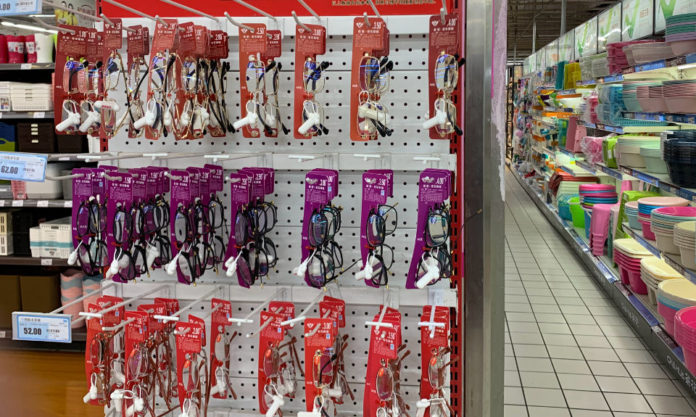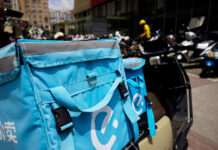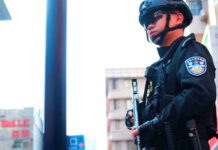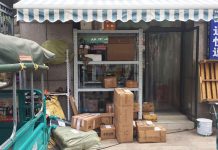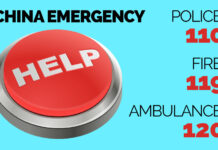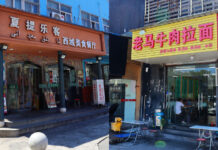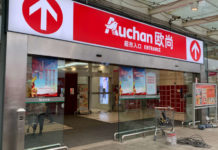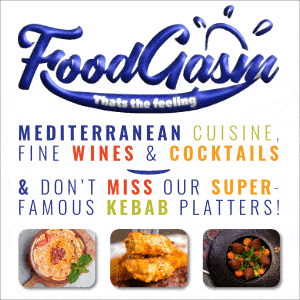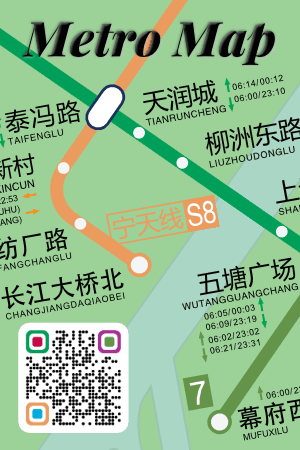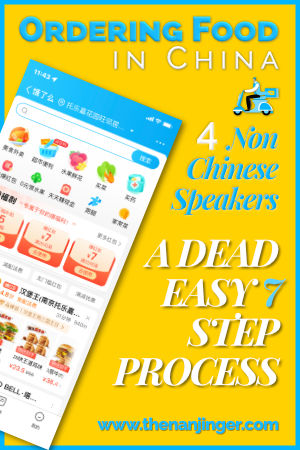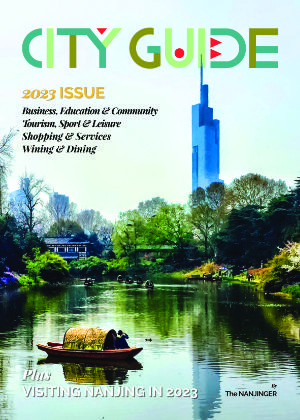Like doing most things in China for the first time, going to an optician is a nerve-wracking experience, especially with the required language skills. The good news, however, is the standard of optometry in China is excellent, prices are far cheaper than in the West and service is fast.
Nevertheless, China has its own way of doing most things, and optometry is no different.
As a nation, the Chinese are a bit of a blind bunch. In fact, the incidence of myopia is one and a half times more so than the world average; 33 percent versus 22 percent. The reasons for this are many, varied and explored in another article published by The Nanjinger in 2017.
Therefore, eyewear is a big deal in China, and the country is in many ways more developed than elsewhere when it comes to the range of options available.
In the past few years, there has been much consolidation in the industry, leading to many of the smaller shops being acquired or going out of business. That said, opticians are relatively easy to find and quite obvious from the exterior. Some are even located in shopping malls.
If you don’t manage to just stumble upon one, a search for “glasses” on your smartphone’s map app will likely throw up some results nearby.
Buying Glasses in China
The first advantage in China over buying glasses in the West is the transparency in prices. Frames are displayed prominently (and there are usually a bewildering array of choices) with a huge range of prices clearly marked.
Things get a little more complicated when it comes to the lenses. By and large, you have a choice of domestic or imported lenses. Most opticians will be keen to point out the quality of expensive lenses imported from Germany, Japan or the USA, but the fact remains that Chinese-made optics are, on the whole, excellent. Given the number of people needing glasses, this is hardly a surprise.
Finally, you will also be given choices as to thickness, lens durability, whether it is scratch resistant, etc. In the experience of The Nanjinger (and we’re very blind), we have found price to be a perfectly-acceptable guide in all our years of buying glasses in China.
When all the decisions have been made, and you have paid, your new glasses will be ready for you to collect in 1 or 2 days. If your prescription is particularly common and the optician has the lenses in stock, it may be just a couple of hours. If the lenses need be ordered from afar, it could be a week.
A quick last word for those advancing in years. You’re in luck, for there can hardly be a better place to buy bifocal glasses than China. While the eye test is a little more complex and the wait time longer, the quality of the finished product and its price are second to none.
And for those reading glasses preferred by the elderly, it might be worth skipping the optician and heading to Suguo which stocks reading glasses in a variety of ready-to-go prescriptions, for as little as ¥30. Just try a few on and choose the prescription that suits you best.
For the more enthusiastic, a trip to nearby Danyang is a must. In this town that lies under the jurisdiction of Zhenjiang City, as much as 10 percent of the local workforce is engaged in the production of eyeglasses, in what is the largest spectacles-trading market in China. This is the place to score an absolute bargain, pick up something exotic or buy in bulk.
Danyang is only 25 minutes from Nanjing South Railway Station by high-speed train; the optics market being right beside Danyang Railway Station.
Taking an Eye Test at an Opticians in China
The first and happiest thing about an eye test in China is that it’s free, although it is generally accepted by both parties that you will be going on to make a purchase.
The fun part here is that you are going to need to know how to say in Chinese, “up”, “down”, “left” and “right”. Instead of the letter-based system commonly used in most western countries, in China the eye-test chart is composed of just one symbol, essentially a capital “E”, orientated facing different directions.
Your friendly optician will point at one of these symbols or a line thereof and your job is to say which way it is/they are facing. Easy.
The final part of the process comes when the optician pronounces your prescription. Here there is another small, but key difference, to eye-prescription measurements elsewhere. If for example, your prescription is -3.50 in your home country, your equivalent in China is -350. Verbally, this will be simply said as “350”, omitting the “minus”, on account there are so few cases of farsightedness.
Buying and Wearing Contact Lenses in China
After a bit of practice, buying contact lenses in China is an absolute piece of cake. First up, as above, you will need to know your prescription. Also as above, there are very few hard lenses on the market, so again, the default position shall be the assumption you want to buy soft lenses.
Then there is the issue of ocular topography; Chinese eyes versus Caucasian eyes for example, are slightly different shapes. For soft contact lenses, however, the different is so slight as to not be an issue. Most contact lenses in China are sold with a base curve of 8.8 mm which gives an acceptable overall lens fit for all makes and colour of humanity.
All that remains is the brand and frequency of use. Bausch & Lomb together with Acuvue (Johnson & Johnson) comprise the bulk of the foreign contact-lens makers selling their wares in China. Unless you have good reason to do otherwise, it is recommend to stick with one of the big-name, trusted brands. They may be slightly more expensive, but in terms of comfort you will be glad to have spent a bit more.
You also at this point can choose between lenses suitable for daily wear for, e.g. a 1-month period, or other frequencies of use, as per your personal preference.
A final reminder to beware fakes; counterfeit contact lenses in China are commonplace. As a rule of thumb, if the price sounds to good to be true, it probably is.
Essential Chinese Vocabulary for Buying Glasses & Eyesight Tests
Have one’s eyesight tested; pèi yǎnjìng (配眼镜)
Contact lens; yǐnxíngyǎnjìng (隐形眼镜)
Cosmetic contact lens (a.k.a. big-eye contact lens); měitóng (美瞳)
Farsighted glasses; yuǎnshì yǎnjìng (远视眼镜)
Nearsighted glasses; jìnshi yǎnjìng (近视眼镜)
Bifocal glasses; shuāng jiāodiǎn yǎnjìng (双焦点眼镜)
Anti-blue ray; fáng lánguāng (防蓝光)
Left; 左 (zuǒ)
Right; 右 (yòu)
Up; 上 (shàng)
Down; 下 (xià)


